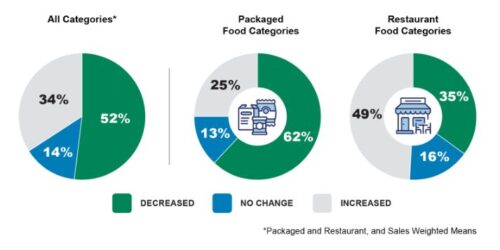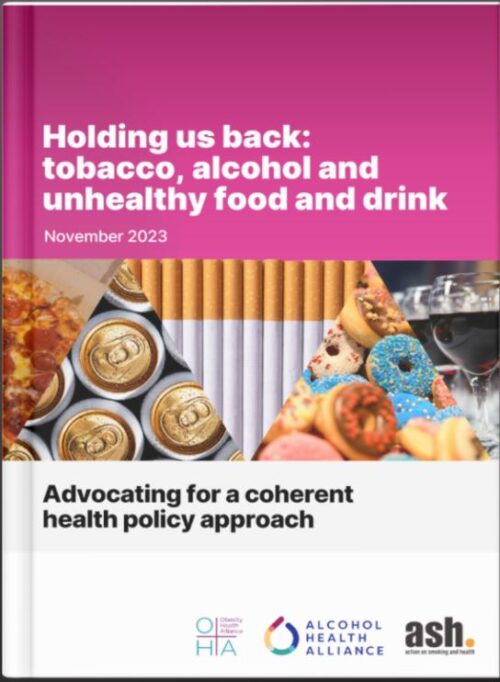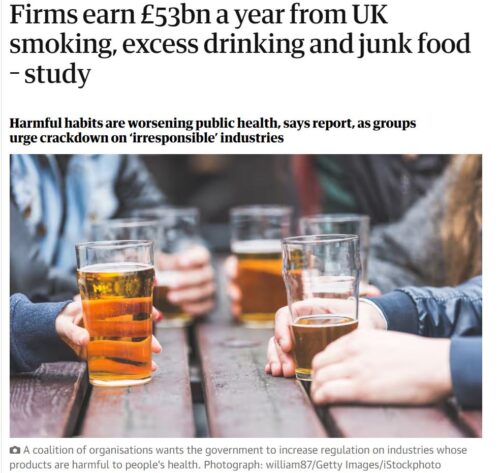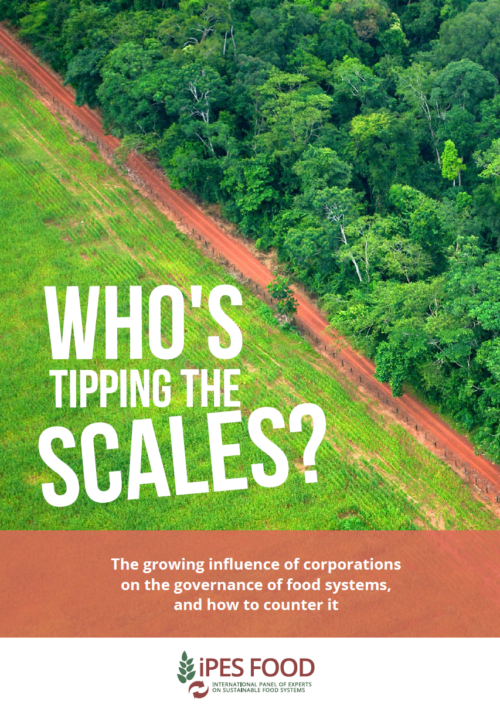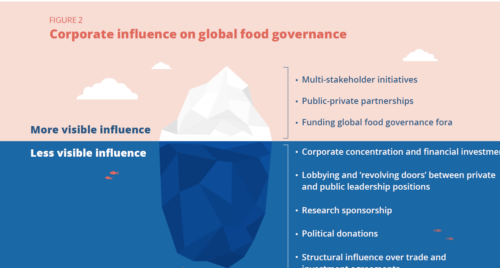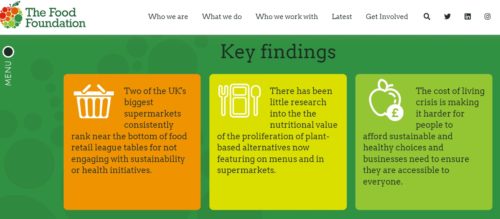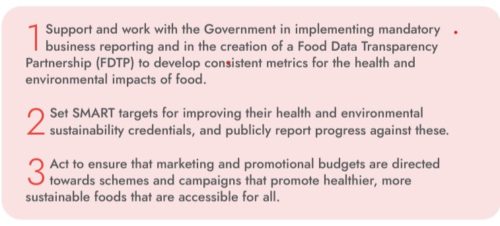By a vote of 6-3, the Supreme Court struck down the Chevron doctrine, which said that the courts were required to uphold regulatory decisions of federal agencies unless Congress said otherwise. The court majority called the doctrine “fundamentally misguided.”
The decision involves food politics in two ways: (1) the case, Loper Bright Enterprises v. Raimondo, involved fishing, and (2) it has profound implications for food regulations.
(1) The case, as described in SCOTUSblog: “Can fishermen be required to pay for federal monitors? And by the way – should Chevron be overruled?”
Summary: The National Marine Fisheries Service had been requiring “the herring industry to pay for the costs, estimated at $710 per day, associated with carrying observers on board their vessels to collect data about their catches and monitor for overfishing… the agency reimbursed fishermen for the costs of the observers.” Commercial fishing companies, which do not like having observers on board, challenged the Chevron doctrine. Koch Industries paid for the challenge, as part of its long-standing deregulatory agenda.
Significance: businesses objecting to agency regulations can sue the agencies and let judges decide.
The courts (politically appointed judges) can overrule the agencies ‘ public health and safety regulations.
(2) Implications for food, nutrition, and public health regulations
The decision is widely interpreted as putting food and nutrition policies at grave risk, particularly those of the FDA. Here is a preliminary list of what is at stake.
- FDA: food safety, sodium, front-of-package nutrition labeling, the healthy front-of-package label claim, GRAS determinations, dietary supplements, chemical toxins.
- Many of these proposed regulations were already at risk because of disinterest or lack of understanding by agency officials who seem unwilling to argue forcefully for public health measures. This lack is seen most clearly in a Wall Street Journal interview with Jim Jones, the FDA’s new Deputy Commissioner for Human Foods, who appears uninterested in taking on regulations to reduce production as well as consumption of ultra-processed foods. [this discussion runs from 13:20 to 17:02].
- USDA: meat and poultry safety, Salmonella and E. coli as adulterants, pesticides, herbicides, meat industry consolidation reduction, safe handling instructions, labeling requirements.
- EPA: slaughterhouse pollution, water quality, PFAS
- FTC: dietary supplement health claims
Comment: There are undoubtedly more regulations in play that I haven’t thought of. Food companies (like businesses in general) do not like being regulated.—too cumbersome, too expensive, too intrusive, too limiting on profits.
Now, a company fviewing any of these rules as inconvenient can take the FDA to court. Doing so:
- Leaves scientific and public health matters to the personal views of judges.
- Ties up federal agencies in legal challenges.
- Reduces agency resources for inspections and other regulatory work.
- Casts a chill on developing new regulations development.
This decision has been applauded by the business community.
For those of us wanting diets to be healthier and more sustainable, it’s a disaster waiting to happen.
I’ll bet we won’t have to wait long for the first cases to be filed.

